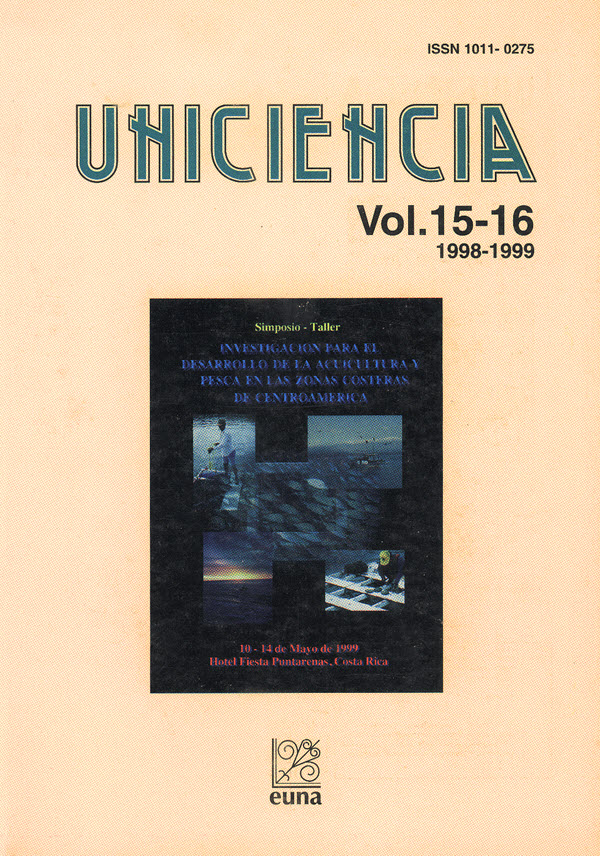Control de la reproducción de camarones marinos (ING)
Abstract
The understanding of basic reproductive biology is necessary for the improvement in the production of shrimp gametes. This presentation will review our current knowledge on subjects like sex determination, hormonal control of maturation, fertilization, and techniques for commercial gamete production and spawning. The controlled reproduction of shrimp is a commercial activity; however, the genetic model for sex determination and sex reversal have not been established. In vitro fertilization and embryo cryopreservation have not been development. Eyestalk ablation is still the only hormonal technique for female maturation, but serotonin treatment could be a new alternative. The advance on spermatophore production and the understanding of the problems involved in its quality are new contributions for the controlled reproduction of shrimp.Downloads
Published
Issue
Section
License
Authors who publish with this journal agree to the following terms:
1. Authors guarantee the journal the right to be the first publication of the work as licensed under a Creative Commons Attribution License that allows others to share the work with an acknowledgment of the work's authorship and initial publication in this journal.
2. Authors can set separate additional agreements for non-exclusive distribution of the version of the work published in the journal (eg, place it in an institutional repository or publish it in a book), with an acknowledgment of its initial publication in this journal.
3. The authors have declared to hold all permissions to use the resources they provided in the paper (images, tables, among others) and assume full responsibility for damages to third parties.
4. The opinions expressed in the paper are the exclusive responsibility of the authors and do not necessarily represent the opinion of the editors or the Universidad Nacional.
Uniciencia Journal and all its productions are under Creative Commons Atribución-NoComercial-SinDerivadas 4.0 Unported.
There is neither fee for access nor Article Processing Charge (APC)






